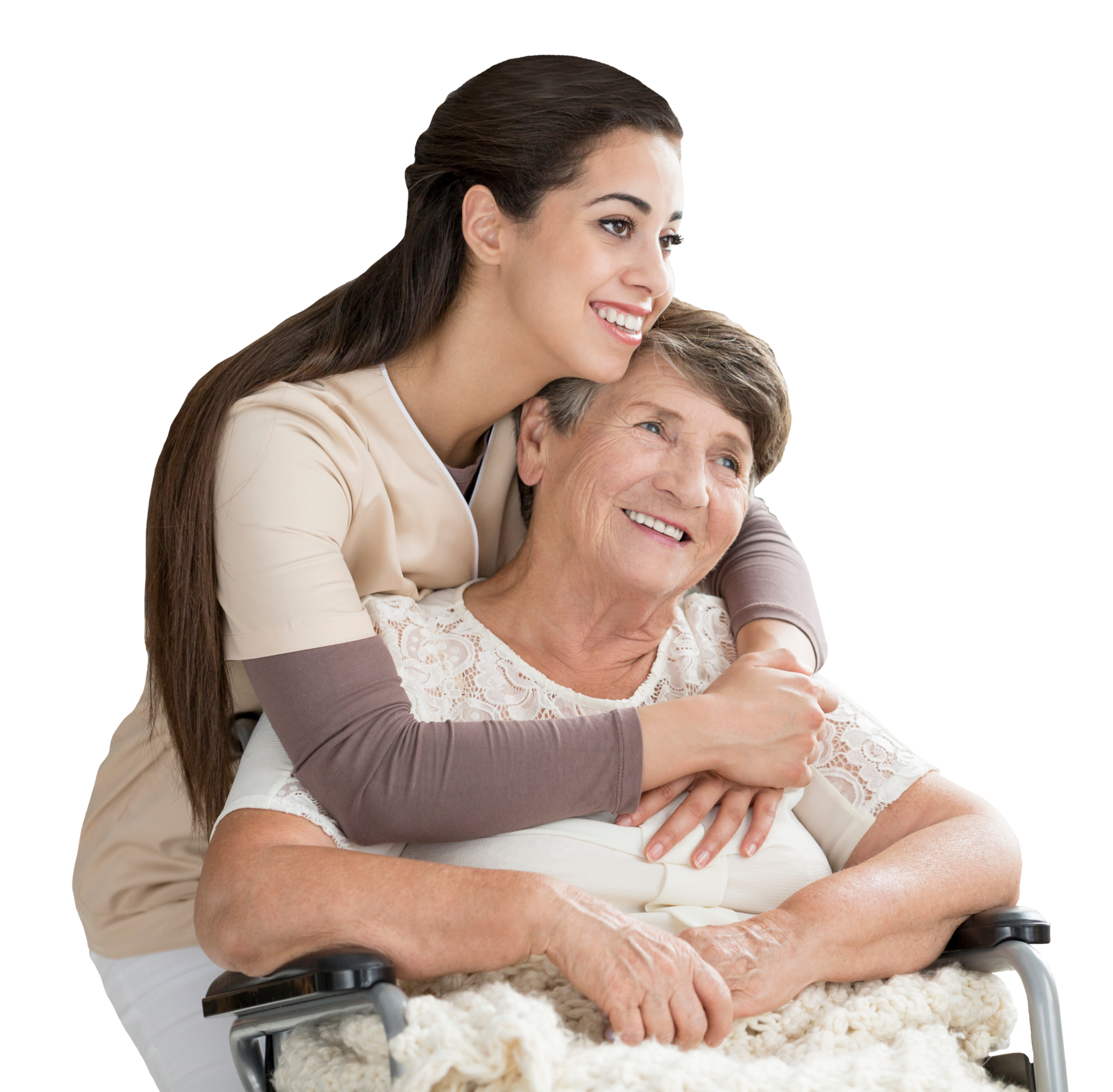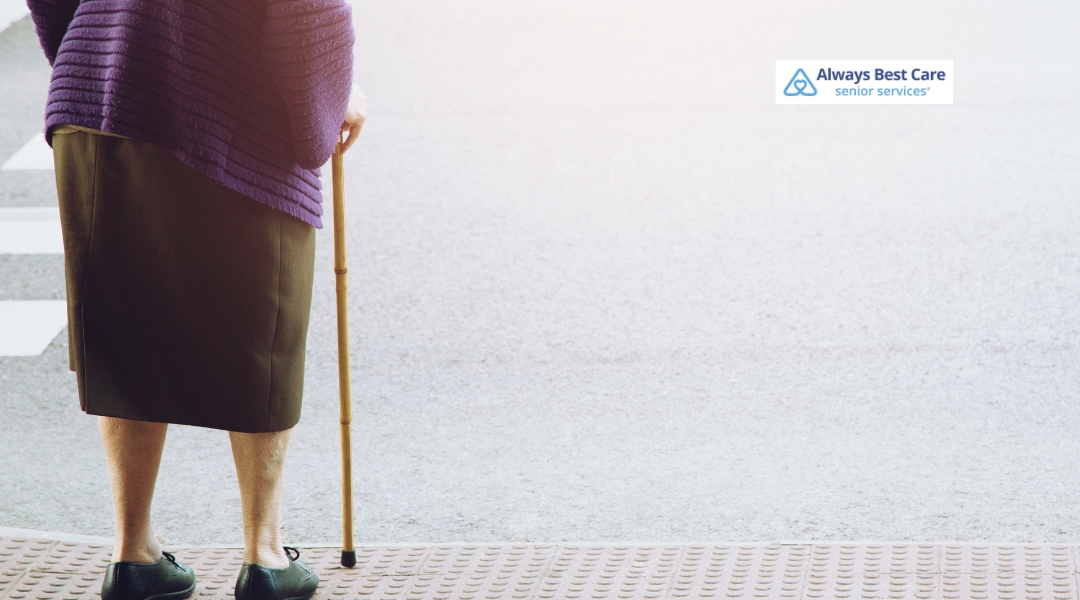Reducing Risk of Liver Disease for Seniors

You may not think about your liver very often, but it performs hundreds of vital functions every single day to help keep you alive and well. The liver aids in digestion, plays a role in filtering your blood, metabolizes different medications and nutrients, produces various proteins, and does many other things. Keeping it healthy is important.
Many people know that drinking too much alcohol can cause liver disease and cirrhosis of the liver, but there are non-alcohol-related diseases that affect the liver too. For instance, being overweight can contribute to nonalcoholic fatty liver disease, autoimmune conditions can lead to liver problems, and hepatitis A, B, and C can cause liver damage. Managing your health and taking steps to protect your liver are essential.
Maintain a Healthy Weight. Being overweight can lead to a buildup of excess fat cells in the liver and cause the liver to swell. Eventually this can lead to cirrhosis or scarring as well. Focus on eating a well-balanced diet that contains lean protein, fresh produce, low-fat dairy, fiber, and healthy fats. Try to limit unrefined carbohydrates and saturated fats. Talk to your doctor about a healthy eating plan that fits your needs and goals.
Limit Alcohol Intake. Frequent or excessive drinking can cause fatty liver disease, alcoholic hepatitis, and cirrhosis. It can cause damage to the liver that prohibits it from functioning as well as it should, leading to poor health and other complications. Quitting or moderating drinking can help prevent, slow, or reverse some alcohol-related liver diseases.
Stay Active. In addition to eating a healthy diet, regular exercise is an integral part of maintaining an appropriate weight as well. Plus, physical activity helps to reduce liver fat and keep blood levels better under control. Try different activities to see what you like best. Vary your routine to encompass cardio and aerobics, strength training, endurance, and balance. Aim for at least 30 minutes of moderate exercise five days per week.
Pay Attention to Medications. Know the side effects of prescription or over-the-counter medications and they could be potentially harmful to your liver. One medication to be aware of is acetaminophen. Make sure you are only using it as needed and not exceeding the recommended daily limit. Read the labels on all-natural or herbal supplements as well because they may contain ingredients that can be toxic to the liver.
Get Regular Checkups. Stay on track with your annual physical and any bloodwork, testing, or screenings that are recommended. There are vaccines available for hepatitis A and B. Talk to your doctor about what you can do to reduce risk of liver disease and promote better health.
Know Common Warning Signs of Liver Problems. Some people have little to no noticeable symptoms of liver disease, making regular checkups with your doctor even more important to catch potential problems. However, some common symptoms to be alert for include:
- Yellowing of the eyes or skin, also known as jaundice
- Abdominal pain
- Swollen abdomen or legs
- Fatigue
- Loss of appetite
- Bruising easily
- Dark urine or pale stool
Different types of treatment are available depending on the type of liver disease and how it has progressed. An in-home caregiver in Princeton, NJ can serve as an integral part of your care team by helping to encourage healthier habits, supporting recovery, assisting with physical activity and meal preparation, providing medication reminders, escorting to medical appointments, and much more. Contact Always Best Care today to learn more and schedule a free consultation.





